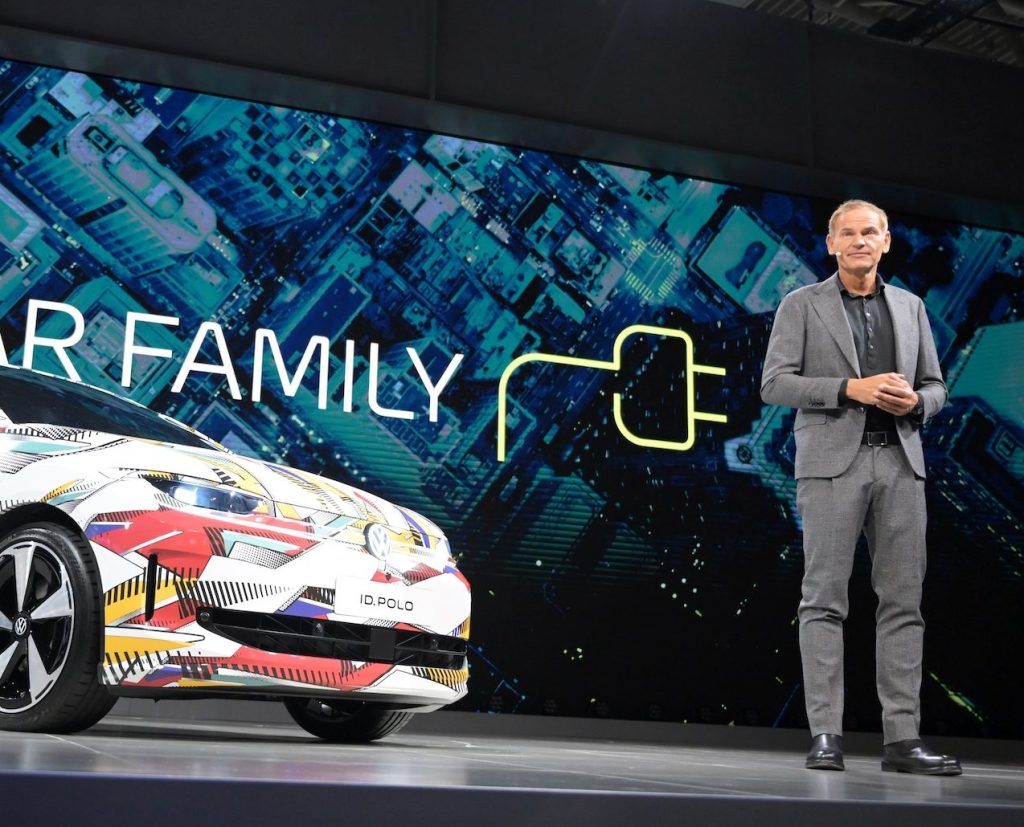Via’s IPO Success
On September 12, 2025, Via Transportation, a New York-based transit technology company, successfully launched its initial public offering (IPO) on the New York Stock Exchange under the ticker symbol VIA. The company priced its shares at $46 each, raising approximately $492.9 million. Despite an initial dip to $44, the stock rebounded to close at just over $49, valuing Via at around $3.9 billion by the end of its first trading day. ([techcrunch.com](https://techcrunch.com/2025/09/12/via-shrugs-off-tepid-open-to-end-first-day-of-trading-slightly-above-ipo-price/?utm_source=openai))
Via specializes in providing software solutions that enhance public transit systems through intelligent routing and on-demand ride-sharing services. Unlike traditional ride-hailing services, Via partners with cities and institutions to improve public transportation efficiency. In the second quarter of 2025, the company reported $107.1 million in revenue and a net loss of $21.2 million. Analysts have noted challenges such as lower margins, scalability issues, and reliance on public-sector partnerships as potential risks. ([reuters.com](https://www.reuters.com/business/finance/transit-tech-firm-via-valued-35-billion-shares-fall-nyse-debut-2025-09-12/?utm_source=openai))
German Automakers’ Strategic Initiatives
At the International Motor Show Germany (IAA) held in Munich from September 9 to 14, 2025, German automakers showcased their latest advancements in electric vehicles (EVs) and technology to counter increasing competition from Chinese manufacturers. Volkswagen (VW), Mercedes-Benz, and BMW unveiled new models and technological innovations aimed at maintaining their market dominance.
Volkswagen announced plans to invest up to one billion euros in artificial intelligence (AI) by 2030. This investment aims to enhance efficiency and competitiveness across all company operations, including AI-integrated vehicle development and industrial processes. VW expects this integration to accelerate the development and production of new vehicle models and technologies, potentially leading to savings of up to four billion euros by 2035. ([reuters.com](https://www.reuters.com/business/autos-transportation/volkswagen-invest-up-billion-euros-ai-by-end-decade-2025-09-09/?utm_source=openai))
In response to the growing presence of Chinese EV manufacturers in Europe, VW has pledged to defend its dominant position in the European EV market. The company plans to introduce revamped vehicles, enhance software integration through partnerships with companies like Rivian and Xpeng, and offer more competitive pricing, with entry-level models starting at €25,000. In August 2025, VW increased its European EV market share to 30%, outpacing other German and international competitors. ([ft.com](https://www.ft.com/content/50486117-e7d8-4918-93ad-18b1a3db18be?utm_source=openai))
However, German automakers are facing challenges due to new U.S. tariffs. Audi, a premium brand of VW, lowered its full-year financial expectations, citing higher U.S. import tariffs and ongoing restructuring costs. The company now forecasts revenue between €65 billion and €70 billion, down from the earlier €67.5 billion to €72.5 billion. The revised forecast follows a new U.S.–EU trade deal establishing a 15% U.S. tariff on EU car imports, significantly higher than the previous 2.5%. ([reuters.com](https://www.reuters.com/business/autos-transportation/audi-cuts-forecast-over-us-tariffs-restructuring-costs-2025-07-28/?utm_source=openai))
Additionally, Germany’s VDA car industry association and the IG Metall metalworkers’ union have jointly called on the European Union to reconsider its planned 2035 ban on CO2-emitting vehicles. They stress the need for greater flexibility in the EU’s CO2 regulations, citing delays in electric vehicle production and market expansion due to challenges like battery supply chain issues and the slow development of smart charging infrastructure. ([reuters.com](https://www.reuters.com/sustainability/boards-policy-regulation/german-carmakers-trade-union-jointly-urge-eu-drop-combustion-engine-ban-2025-09-11/?utm_source=openai))
The German automotive industry is also experiencing a decline in exports, projected to fall by 2.5% in 2025. This downturn is attributed to weakening global demand, increasing domestic costs, and rising protectionism. Trade tensions with major partners like the United States and China, elevated tariffs, stricter supply chain rules, and tighter export controls have led German economic institutes to reduce their 2025 growth forecast. ([reuters.com](https://www.reuters.com/world/china/german-exports-expected-fall-25-this-year-says-bga-trade-lobby-2025-09-11/?utm_source=openai))
In summary, Via’s successful IPO highlights the growing interest in transit technology solutions, while German automakers are actively investing in AI and EV technologies to maintain their competitive edge amidst global challenges and increasing competition from Chinese manufacturers.



